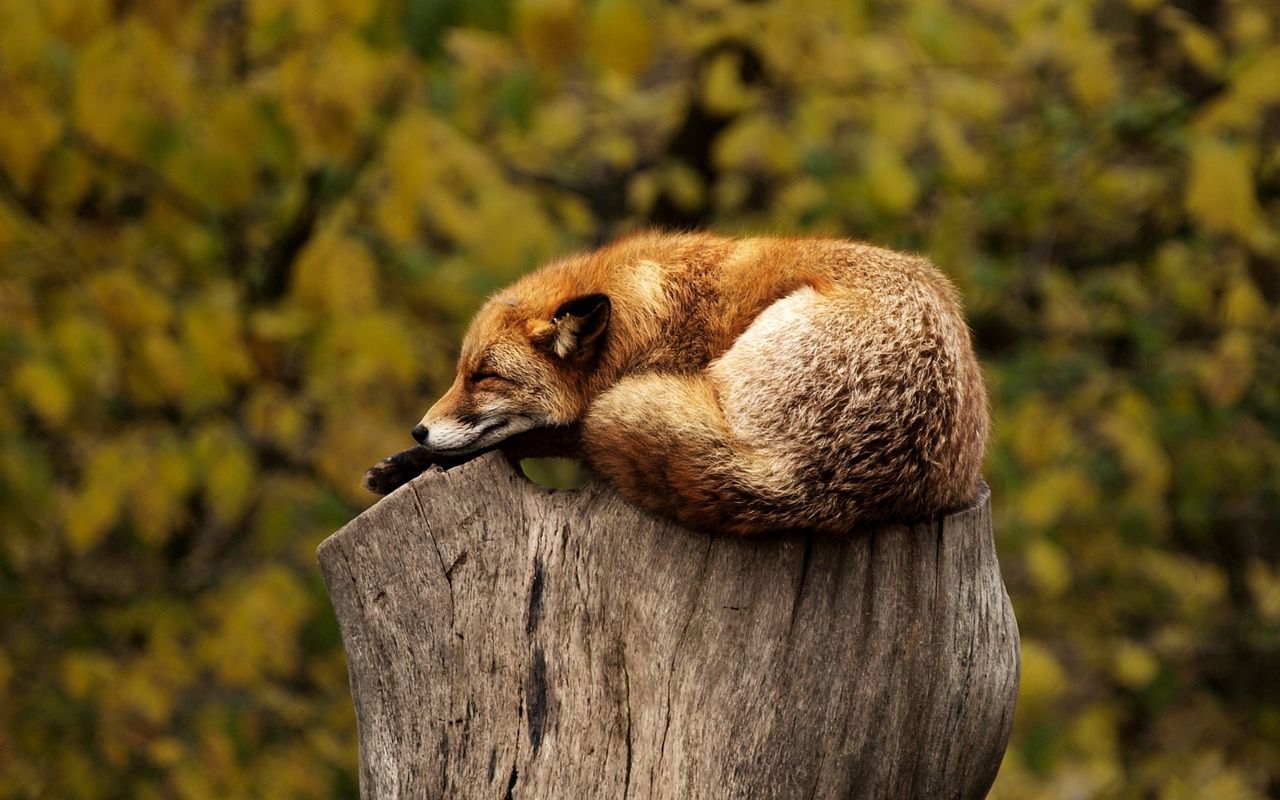Why you shouldn't feed wild animals: It doesn't help anyone
Lots of people love nature, so when they see wild animals, they want to feed them.
Feeding wild animals may seem like an act of kindness, but it is generally discouraged for several reasons.
Let's find out more.
Dependency
Regular feeding can cause wild animals to become dependent on human-provided food, disrupting their natural foraging and hunting behaviors.
This can lead to a loss of self-sufficiency and negatively impact their ability to survive in the wild.

Health risks
Feeding wildlife can create an imbalance in their diet, exposing them to inadequate or inappropriate nutrition.
Human food may lack essential nutrients or contain harmful substances that can harm their health and overall well-being.
Altered behavior
When wild animals become accustomed to being fed, they may lose their fear of humans and become more aggressive or intrusive in their search for food.
This can pose risks to both humans and animals, leading to potential conflicts and dangerous situations.
Ecological disruption
Feeding wildlife can disrupt natural ecosystems and native species interactions.
It may attract an unnaturally large number of animals to a specific area, leading to overcrowding, competition for resources, and potential spread of diseases.
Legal and ethical concerns
In many places, it is illegal to feed wildlife due to the associated risks and negative impacts.
Additionally, ethical considerations arise, as feeding wildlife can disrupt their natural behavior and ecological balance.

